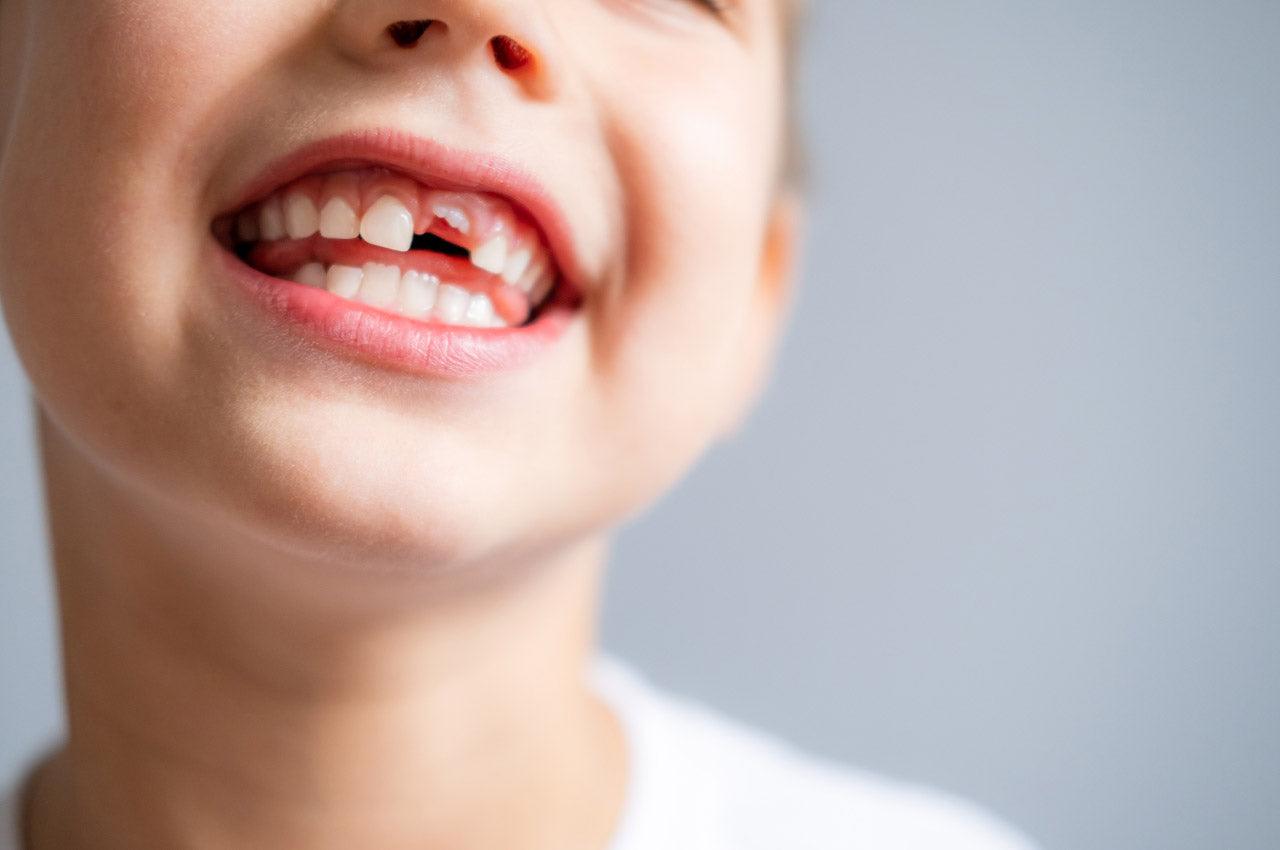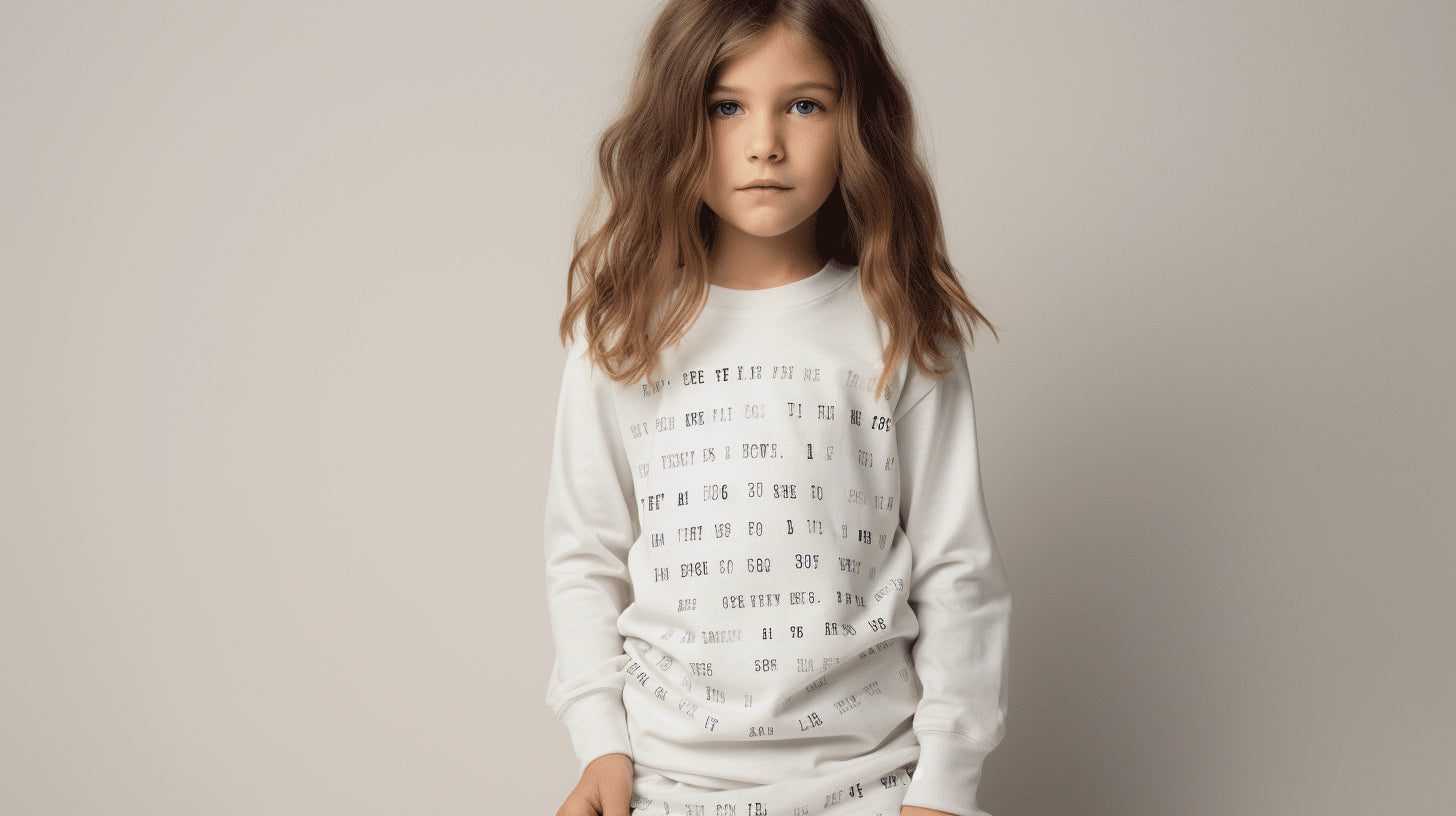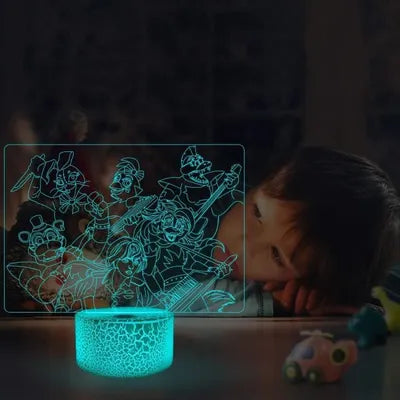Dental care for children is important for many reasons. One of the most important, but often overlooked, is the care of baby teeth. Baby teeth are essential for the development of permanent teeth and for good oral health in general.
Here we will see why it is so important to take care of your baby's baby teeth and how you can best do it. Keep reading to find out more!
Children's milk teeth are important for their development
It's no secret that children's teeth play an important role in their overall well-being. What may not be as well known is how vital baby teeth or primary teeth are to development. Even if they eventually fall out, baby teeth are crucial for the development of a child's physical and mental health.
These small primary beads help children chew food and talk, which aids in feeding and communication as they grow. A healthy set of baby teeth also promotes bone development in the jaw and face, helping children achieve a balanced facial structure as adults.
In addition, healthy baby teeth minimize dental pain and cavities, conditions that can adversely affect a child's emotional well-being. Baby teeth act as spacers for adult teeth and slightly shape the future permanent teeth, so it is important to ensure that good oral hygiene practices start early! By brushing, flossing and visiting the dentist from an early age, children can benefit from shiny and healthy baby teeth. This will allow them to develop properly during childhood, which is essential for long-term success in adulthood.
Baby teeth help children learn to speak and eat properly
As all parents know, the education of a child goes through many fundamental stages, including the growth of the first teeth. Although this process can be painful for children, baby teeth serve an important function. First, they help children gain the confidence and coordination needed to eat solid foods properly. Initially, children need soft foods that will not harm their developing teeth.
However, baby teeth provide the stability and protection needed to transition to harder textures, while helping them learn to chew their food properly. Next, baby teeth are essential in helping children learn to speak clearly and correctly by providing support for the tongue and lips when pronouncing certain sounds.
As soon as babies start drooling, they begin to form the basic structures needed for speech development even before the visible signs of teething appear. The presence of baby teeth helps give their mouths a more mature shape that allows them to pronounce the ever-changing lists of words they learn every day.
In short, baby teeth are essential to ensure that children have the correct nutrition and basic communication skills to understand the world around them.
They also provide space for permanent teeth.
The importance of baby teeth cannot be overstated, as they are essential elements for future oral health. Baby teeth contribute to the growth and spacing of adult teeth and to the learning of speech. In addition, they help with eating and keep free space in the jaw for permanent teeth.
In the absence of baby teeth, the chances of a crowded or crooked smile increase significantly when adult teeth begin to grow. After all, it's much easier to develop healthy habits, like regular brushing and flossing, with smaller, more manageable baby teeth than with larger permanent teeth.
Parents should therefore take care of their children's baby teeth, making sure to brush them twice a day and encouraging them to reduce foods with added sugar as much as possible. This way, these tiny little gems can contribute to future dental success, even when they do eventually fall out! In short, although neglected by some adults, these real treasures are essential elements of the healthy dental ecology that we need to have a beautiful smile.
Baby teeth should be brushed twice a day with fluoridated toothpaste
As parents, we always want our children to be safe and healthy. It is therefore important to take steps to establish good oral health habits. Babies and young children should be introduced to oral hygiene around the age of 12 months, when they begin to have their first teeth. Babies should have their teeth brushed twice a day with a soft-bristled toothbrush and child-specific fluoridated toothpaste (no more than a grain of rice for children under 3).
It's also important to floss at least once a day as soon as your child's teeth start to come together. Too much plaque can turn into tartar, which increases the risk of cavities and other problems. Parents can set a good example by brushing their teeth in front of their children and helping them reinforce good habits until the child is ready to take responsibility.
Establishing good dental hygiene early will help ensure strong, healthy teeth throughout your child's life.
Parents should take their child to the dentist regularly for check-ups
It's never too early to develop good dental hygiene habits. Regular visits to the dentist are essential to help children get off to a good start when it comes to maintaining their long-term oral health. During checkups, a professional dentist can monitor for cavities and gum disease, as well as assess any structural issues that may need attention or corrections.
Routine x-rays, if your child is old enough, will identify any underlying problems that lie below the surface of the mouth and gums. Most importantly, these checkups are an opportunity for parents and dentists to have important conversations about proper oral care with young patients. From what kind of toothbrush to use to knowing when to start using fluoride products, these conversations can help create lifelong habits that create a solid foundation for caring for teeth and teeth. gums from an early age and into adulthood.
For these reasons and more, parents should take their child to the dentist regularly. This will be beneficial both now and in years to come! Also, by instilling good habits from an early age, if prevention fails and more extensive treatment, such as an extraction or braces, is needed, the outcome is likely to be better, with a minimal discomfort, which will allow healthy eating habits to be adopted throughout life.
By making a little effort now, we can ensure that our children's dental health is less of a worry for them in the future!
Caries in baby teeth can lead to problems with permanent teeth later in children
It is true that some baby teeth eventually fall out, but cavities in these teeth are still a problem. If left untreated, problems with baby teeth can cause significant damage to permanent teeth as they grow. When bacteria from cavities and plaque enter the pulp chamber, infection can spread through the enamel into the space for new permanent teeth, destroying them even before they do not appear.
In addition, since baby teeth affect a child's ability to chew food and pronounce words correctly, cavities can lead to other health problems such as malnutrition or impaired speech development. Parents may think that cavities aren't a problem until permanent teeth are ready to appear, but prevention is key to protecting baby and newly developed teeth.
Regular dental checkups and brushing sessions with fluoridated toothpaste should be part of every parent's routine to avoid any lasting repercussions of tooth decay later in life. In the end, investing effort now pays off when it comes to ensuring your child will have strong, healthy adult teeth in the future!
Children's milk teeth are very important for their development. Baby teeth help children learn to speak and eat properly, and they also provide space for permanent teeth. It is important to brush baby teeth twice a day with fluoridated toothpaste, and parents should take their child to the dentist regularly for check-ups. Cavities in baby teeth can lead to problems with permanent teeth later on, so it is important to take care of them from an early age.









